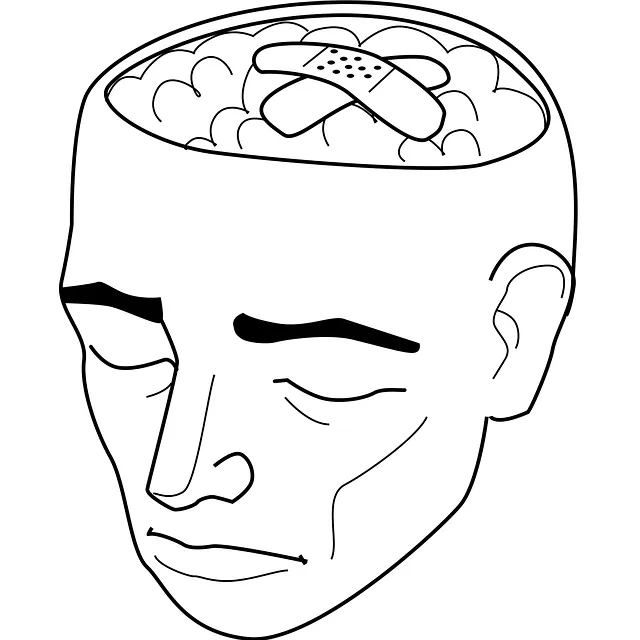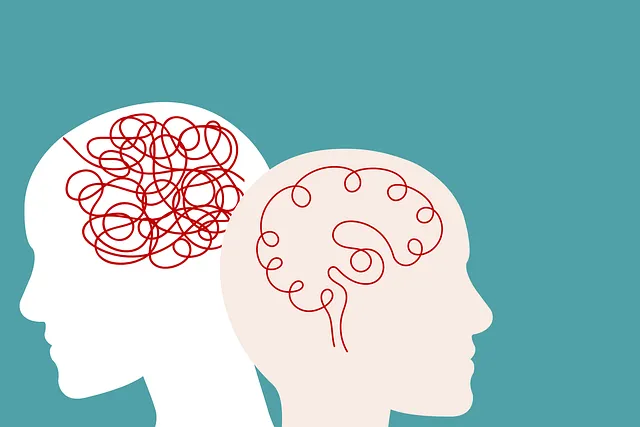Lone Tree Kaiser Permanente behavioral health providers actively combat stigma in mental healthcare through collaborative strategies, educational programs, and culturally sensitive practices. They aim to create an inclusive environment that normalizes seeking help, educates communities, and integrates emotional regulation techniques into treatment plans. By leading community initiatives, hosting forums, and advocating for supportive policies, they strive to reduce stigma around mental illness, ensuring everyone receives care without judgment or discrimination.
Mental illness stigma remains a significant barrier to effective mental healthcare, especially in communities like Lone Tree, where understanding and support can be limited. This article explores comprehensive stigma reduction efforts undertaken by Lone Tree Kaiser Permanente’s behavioral health providers. We delve into the impact of stigma on mental health care, present collaborative strategies employed by providers, and highlight the power of community engagement in breaking down mental illness stigma, focusing on the unique initiatives at Lone Tree Kaiser Permanente.
- Understanding Stigma and Its Impact on Mental Health Care at Lone Tree Kaiser Permanente
- Strategies for Reducing Stigma: A Collaborative Approach by Behavioral Health Providers
- Empowering Conversations: Engaging the Community in Breaking Down Mental Illness Stigma
Understanding Stigma and Its Impact on Mental Health Care at Lone Tree Kaiser Permanente

At Lone Tree Kaiser Permanente, understanding stigma and its profound impact on mental health care is a cornerstone of their behavioral health providers’ approach. Stigma often acts as a barrier to individuals seeking help, leading to prolonged suffering and exacerbating existing conditions. The consequences are far-reaching, affecting not just the affected individual but also their families and communities. Lone Tree Kaiser Permanente’s efforts in stigma reduction focus on creating an environment that fosters emotional healing processes and encourages open dialogue about mental health.
Their strategy incorporates various initiatives, including raising awareness through educational programs, promoting cultural sensitivity in mental healthcare practice, and advocating for a supportive Mental Health Policy Analysis and Advocacy. By challenging outdated perceptions and providing resources tailored to diverse populations, Lone Tree Kaiser Permanente aims to ensure that everyone has access to the care they need without fear of judgment or discrimination.
Strategies for Reducing Stigma: A Collaborative Approach by Behavioral Health Providers

Lone Tree Kaiser Permanente behavioral health providers play a pivotal role in stigma reduction through collaborative strategies. They initiate conversations that challenge stereotypes and promote understanding, ensuring individuals with mental illness receive supportive care. By integrating emotional regulation techniques into treatment plans, these providers empower patients to manage their conditions effectively.
This collaborative approach involves educating both clients and the community about mental wellness and emotional well-being promotion techniques. It fosters an environment where seeking help is normalized, reducing the barriers that often prevent people from accessing necessary care. Through joint efforts, Lone Tree Kaiser Permanente behavioral health providers strive to create a more inclusive society where individuals with mental illness are supported, understood, and valued.
Empowering Conversations: Engaging the Community in Breaking Down Mental Illness Stigma

Engaging communities in conversations about mental illness is a powerful tool to reduce stigma and foster understanding. Lone Tree Kaiser Permanente’s behavioral health providers have been at the forefront of this initiative, emphasizing the importance of open dialogue. By hosting community forums, workshops, and educational sessions, they empower individuals to share their experiences and challenge misconceptions surrounding mental health. These conversations create an environment where people feel supported and more willing to seek help for themselves or their loved ones.
Through these gatherings, Lone Tree Kaiser Permanente aims to promote emotional well-being by providing practical guidance on stress reduction methods and mental wellness journaling exercises. By offering evidence-based techniques, they encourage community members to take an active role in managing their mental health. This collaborative approach not only breaks down barriers but also inspires positive change, ensuring a more inclusive and supportive society for those dealing with mental illness.
Mental illness stigma reduction is a collective effort, and as seen at Lone Tree Kaiser Permanente, collaborative strategies involving behavioral health providers and community engagement are effective. By fostering open conversations and education, we can create a more inclusive environment, improve access to care, and ultimately enhance the mental well-being of individuals within our communities, including those served by Lone Tree Kaiser Permanente’s behavioral health providers.






